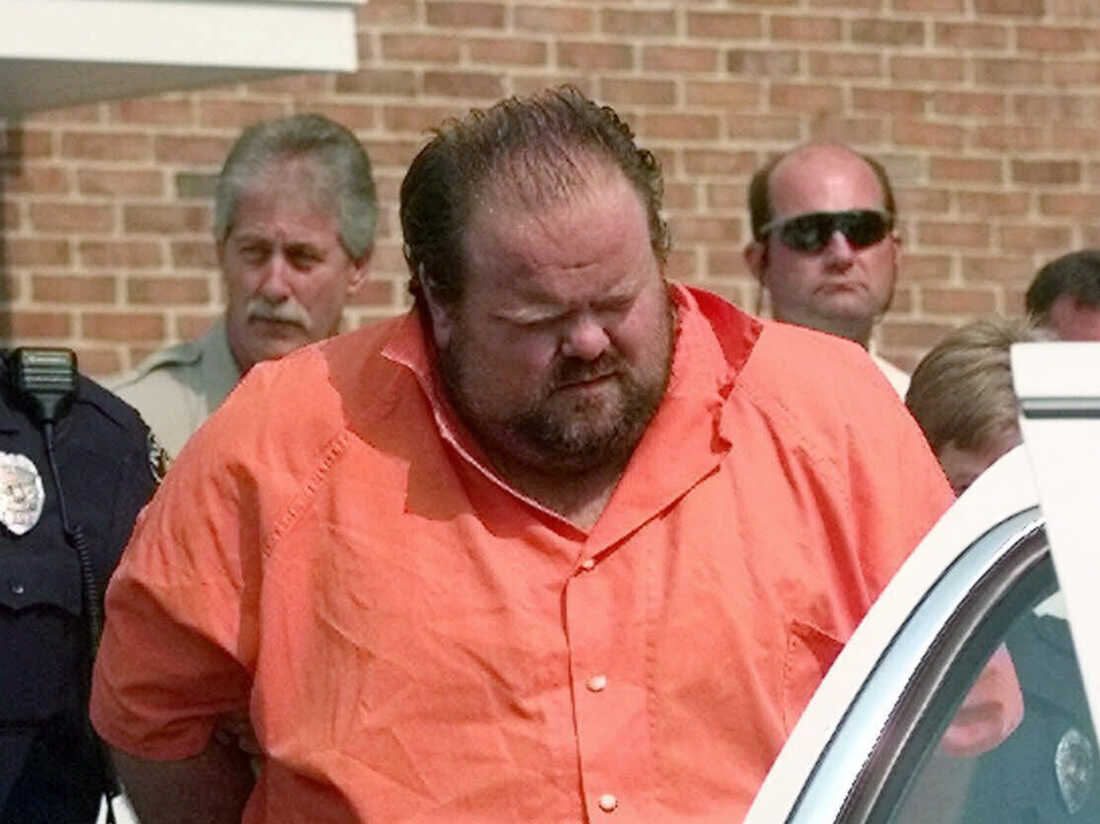Alabama settle execution lawsuit to move forward with nitrogen gas execution in September
Following a settlement agreement between the state and the prisoner scheduled to be the second person executed using the new technique, the attorney general of Alabama announced on Monday that another nitrogen gas execution will take place in September.
According to a court document filed on Monday, Alabama and the lawyers representing Alan Miller, who was found guilty of the murders of three men, came to a “confidential settlement agreement” to conclude Miller’s legal battle. In an attempt to prevent the state from applying the same procedure to Kenneth Smith, Miller used witness accounts of the latter’s January nitrogen gas execution in his case.

The terms of the deal were not disclosed in the court filings. Miller had proposed a number of modifications to the state’s nitrogen gas protocol, such as the use of medical-grade nitrogen, the use of a sedative prior to the execution, and the presence of a qualified expert to oversee the gas flow. Attorney General Steve Marshall’s spokesperson, Will Califf, stated he was unable to verify if the state had consented to modify the execution process.
Miller’s lawyer, Mara E. Klebaner, released an email late on Monday night saying, “Miller entered into a settlement on favorable terms to protect his constitutional right to be free from cruel and unusual punishments.” Marshall saw the agreement as a win for the application of nitrogen gas as a means of execution. “The resolution of this case confirms that Alabama’s nitrogen hypoxia system is reliable and humane,” Marshall said in a statement.
“Miller’s complaint was based on media speculation that Kenneth Smith suffered cruel and unusual punishment in the January 2024 execution, but what the state demonstrated to Miller’s legal team undermined that false narrative. Miller’s execution will go forward as planned in September.” In a press statement announcing the settlement, Marshall’s office claimed that the attorney general “successfully defends constitutionality” of nitrogen executions. Miller’s lawyer refuted Marshall’s analysis.
The state’s assertion that it “successfully defend(ed)” the “constitutionality” of the proposed nitrogen hypoxia method of execution in Mr. Miller’s case is untrue because no court endorsed the method’s constitutionality. A settlement agreement does not, by definition, entail a decision regarding the merits of the underlying lawsuit, Klebaner stated in an email.
The agreement was submitted the day before a hearing before a federal judge over Miller’s motion to stay his impending execution on September 26. Klebaner claimed that the state avoided holding a public hearing on the matter by agreeing to a settlement.
Smith was put to death by Alabama in January during the state’s first nitrogen gas execution. The new technique of execution substitutes nitrogen gas for the inmate’s breathing air by fitting a respirator mask over their face, which results in their death from oxygen deprivation.
Miller’s attorneys had cited witness accounts of Smith trembling for several minutes during his execution, resembling seizure-like convulsions. The lawyers said that the first nitrogen execution in American history was a “disaster” and that the state’s process did not result in the speedy death that the state had assured a federal court it would. The state claimed that because Smith had held his breath, the execution went longer than expected.
Delivery truck driver Miller was found guilty in 1999 of killing three men in back-to-back workplace shootings: Terry Jarvis, Lee Holdbrooks, and Scott Yancy. Miller has already been the target of an attempted fatal injection by Alabama. However, the state canceled the execution because they were unable to get an IV line to the 351-pound prisoner. Miller and the state agreed that nitrogen gas would be used in the event of another execution attempt.


Comments are closed, but trackbacks and pingbacks are open.